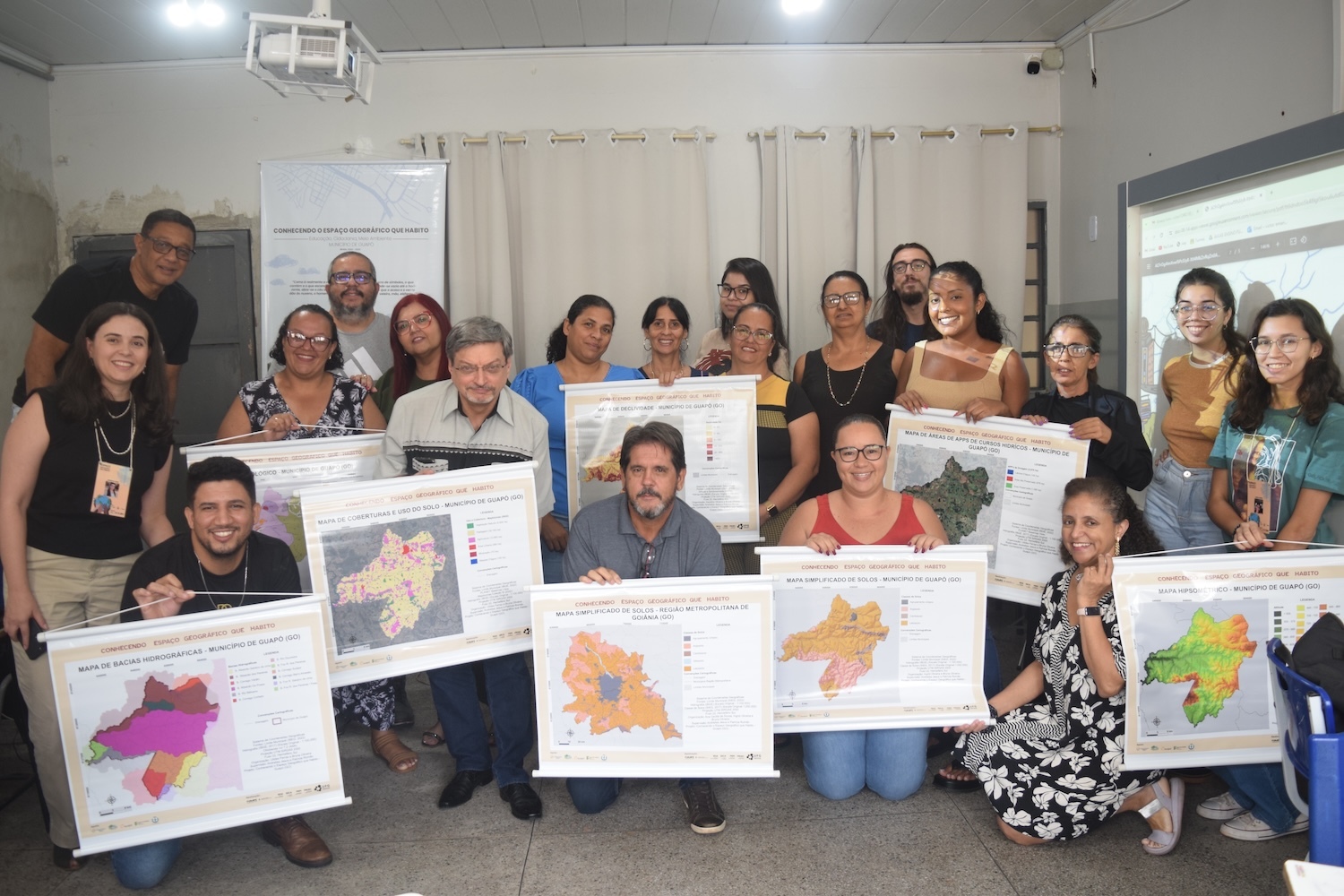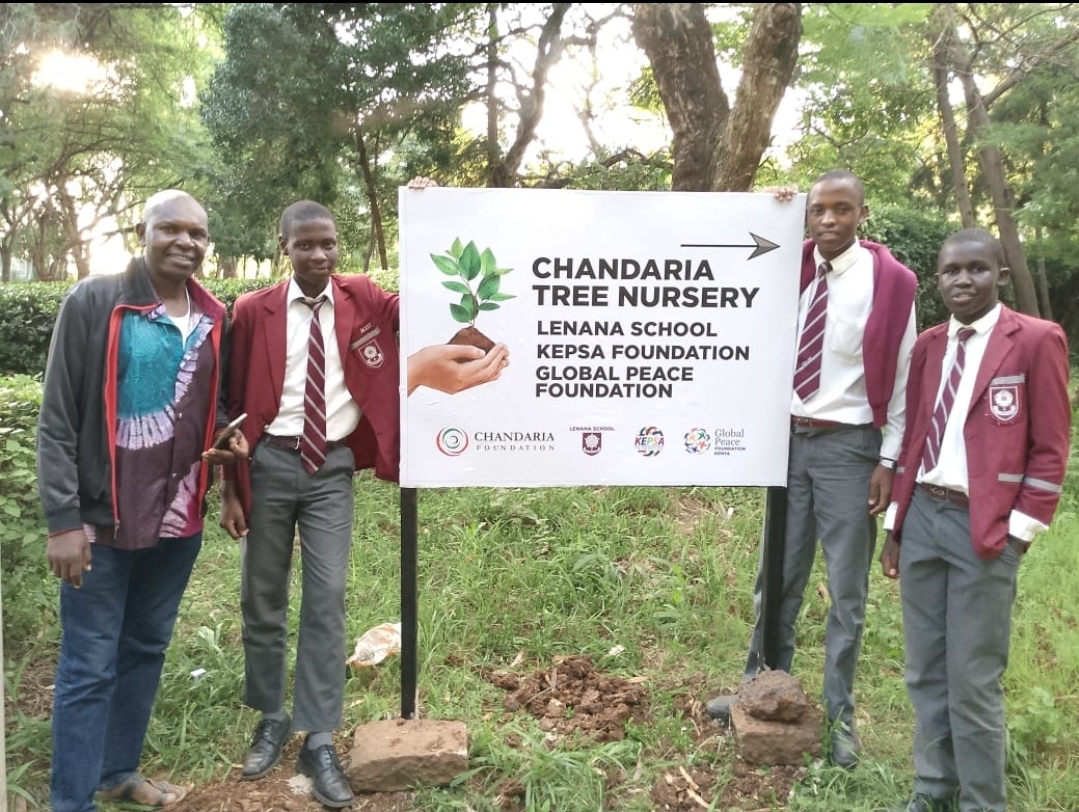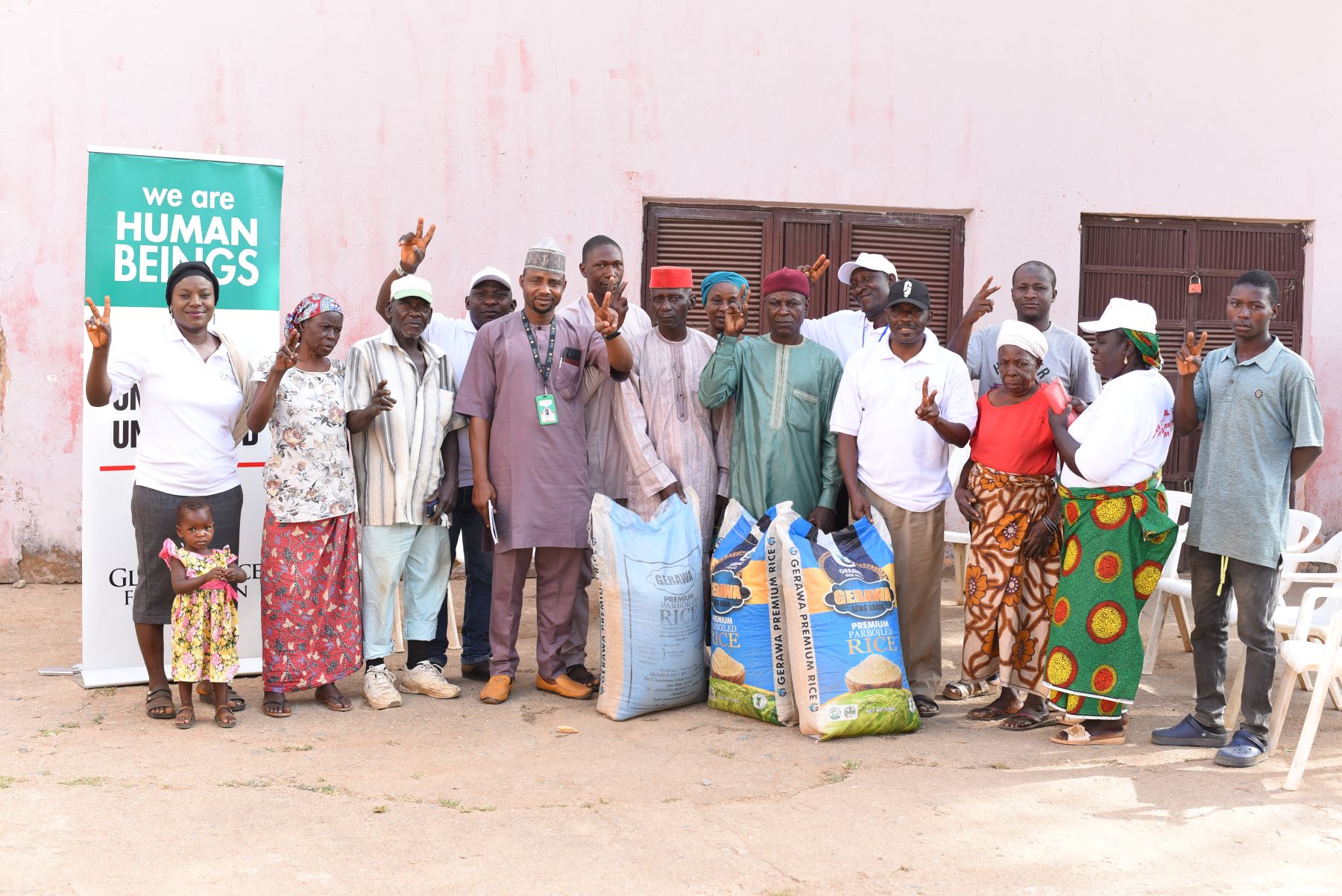The Global Peace Foundation (GPF) has been active in supporting affected areas from the Great East Japan Earthquake and Tsunami that occurred on March 11, 2011. GPF provided clean water and sanitation in areas near to the Fukushima Daiichi Nuclear Power Plant meltdown resulting from the earthquake. On August 4, GPF Japan Chairman Mr. Aya Goto traveled to Kesennuma city in Miyagi to learn more about the restoration efforts of a Filipino community living in the disaster affected area.
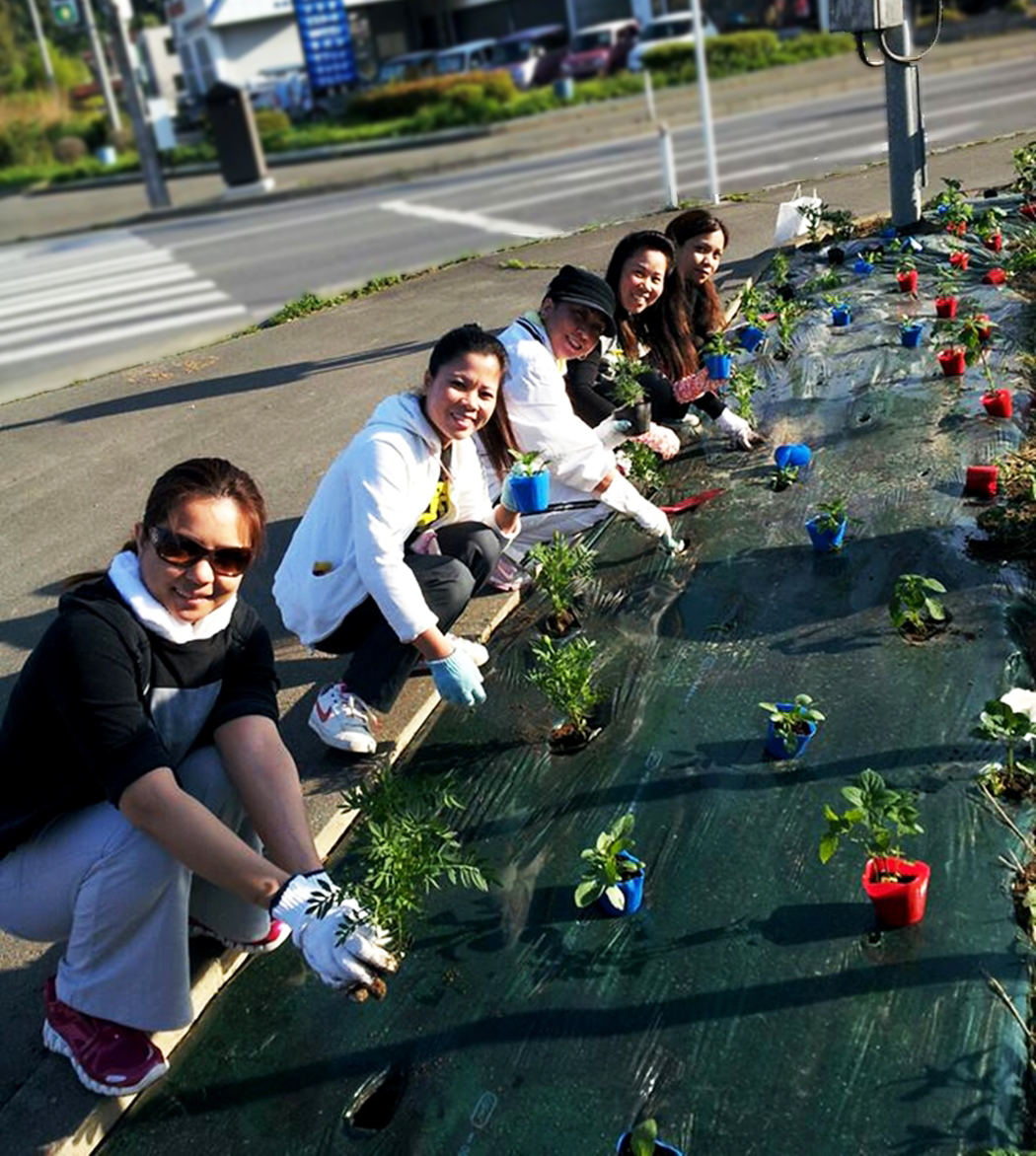
Members plant flowers to restore their city.
The earthquake robbed more than 1,000 people of their lives in Kesennuma city. While this tragedy displaced thousands more, tearing away homes and jobs, seventy-four Filipino community members decided to stay in the area to rebuild the city and take care of those who did not necessarily have the means to relocate.
The Bayanihan Kesennuma Filipino Community, “Bayanihan” meaning “helping each other,” has received attention from local government, media and non-profit organizations for their volunteer work in the Kesennuma area. Twenty-four members, initially uneasy about their Japanese speaking skills, became certified caretakers supported by the non-profit organization Japan Association for Refugees. Currently, nine of the members are working at community and senior citizen centers.
After the disaster the Filipino members began a radio program that is hosted on the fourth Friday of every month to energize the local community. The program reports on the community’s activities, announces local events, and teaches Japanese to help Filipinos better connect with those in the community and other parts of Japan.
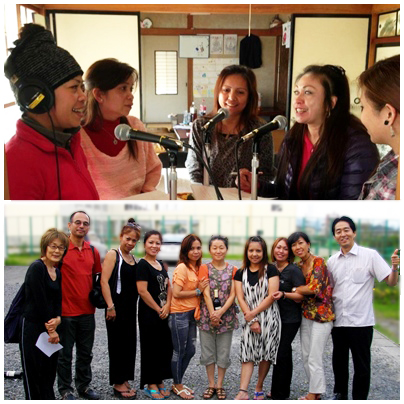
Recording radio program and Group photo with Mr. Aya Goto of GPF The disaster has also brought the Filipino and Japanese community closer together.
The Filipino community began in Kesennuma around 17 years ago and was brought closer together during the disaster. “Right after the disaster, seeing the painful and dark faces of my friends, I wanted them to go out instead of staying at home,” said
Ms. Rachel Takahashi President of Bayanihan Kesennuma in an interview with Mr. Aya Goto. “Three times a week we laughed, talked and ate together. Every day we helped each other.”
“At the evacuation center, we supported each other regardless of whether we were Japanese or Filipino,” stated Ms. Jeanne Oikawa, member of the Bayanihan Kesennuma Filipino Community. “I thought that we needed to take a step forward and join local events to communicate with one another. Through those efforts, the relationship between the Japanese and Filipinos has become very close.”
Though a couple of years have passed since the disaster, the Bayanihan Kesennuma Filipino Community programs continue to foster positive cross-cultural relationships and brighten spirits in the Kesennuma City area.

